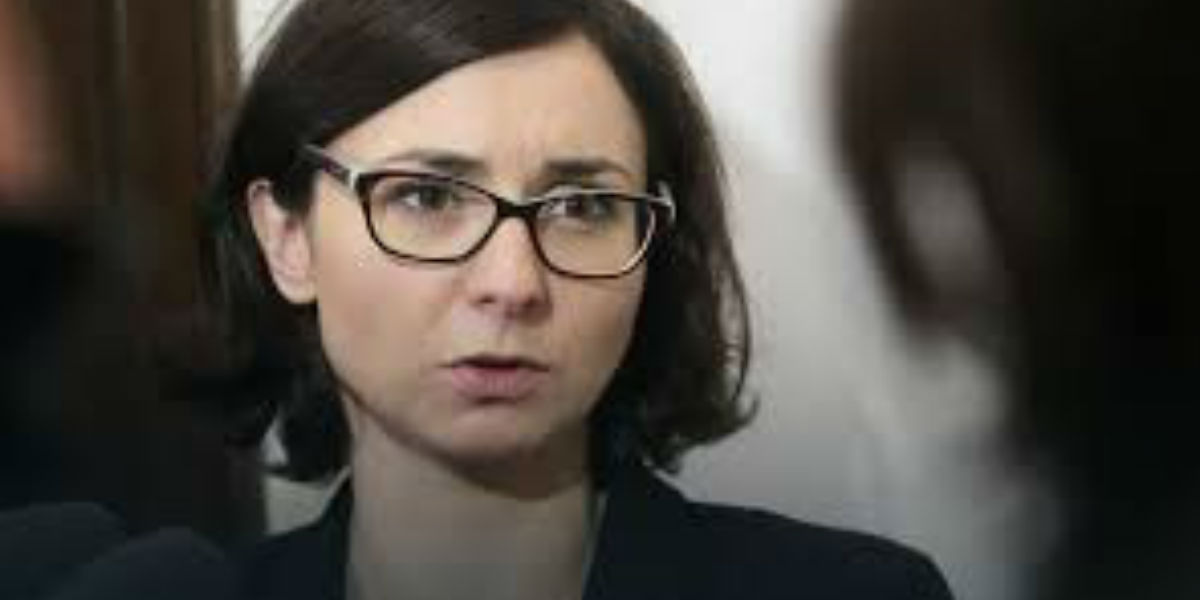What happens in Poland?
What happens in Poland, one of the largest member States of the European Union (EU), is not a mere domestic issue, it concerns all EU members. We have been a leading country for change in terms of economic development and respect of democracy and human rights, also thanks to EU membership. It is really sad for me that today Poland is mentioned not because it is at the centre of change but at the margin. It is shameful that both the European Parliament and the European Commission got interested in my country not for the achievements in economy or for the enforcement of human rights, but because we violate fundamental principles which are binding. Polish Society is very pro-EU but today we have a government which is so against the EU that we can rule out that one day Poland will be laving the Union. If you look at the policy pursued by our government, you may note that all the fundamental rules which the EU is founded upon are violated or attacked. Take the recent decision to clash with the European Commission: the response sent to Brussels does not deal with the merit of the issue. It has been conceived on the basis of position the position of the majority party, which is useful to the domestic debate, but it does not tackle the object posed by the recommentation of the European Commission.
You and your party Nowoczesna you have a federalist position on Europe?
We believe that the EU should be reformed and that the future EU has to be more effective. We are considering different options but we have not indicated any specific reform yet.
Last October, the European Parliament adopted a resolution to establish a mechanism to review the rule of law and fundamental rights in EU Member States. It’s a kind of peer review mechanism. What do you think?
I find it is useful, although sometimes it might be too late to start a verification procedure when the problem is already there. Nonetheless it is important to have a mechanism pushing States to monitor the factual respect of their own obligations, not only when it comes to specific cases.
The outgoing President of the Constitutional Tribunal is very concerned about the future of Poland. Do you share his preoccupation?
We are in a dangerous situation right now. If the TC is unable to work properly, there is no other institution that can protect human rights and freedoms as laid down in the Polish Constitution. The majority party, PiS, is passing laws that violate human rights and that give extraordinary powers to special agencies. For example, a law approved recently provides that any citizen may be subject to control when surfing the internet, with no specific regulation. The courts receive the reports of such inspections every six months, and this makes it impossible to determine whether a control is carried out according to legal criteria or not. There is no way to knowing if they have been under investigation by the police. At the same time, the special security forces have increased their power in the name of the fight to terrorism. Just yesterday parliament adopted a new law concerning the freedom to organize public meetings stipulating that demonstrations organized cyclically have precedence over all others. It’s obvious that it is a tailor-made for PiS to ensure the right to hold demonstrations for the anniversary of the Smolensk accident.
Do you think that the public media, both the press and the TV, are reporting correctly?
No, State-TV broadcasts primarily information favorable to the Government and we have evidence supporting this. The Radio-Television National Council has issued a report showing the data related to the content of the radio-tv public service. It shows only one side of the story. For example, in the first half of 2016, the information provided by public television on PiS not comprise 165 minutes; Civic Platform 59 minutes; Modern (my party) 21 minutes; Kukiz 16 minutes, the Farmers Party 14 minutes. If one compares the first half of 2016 with that of 2015 we note that the presence of PiS has grown by 320% while that of the opposition parties has plummeted by 40%.
In this sense, he believes that an initiative for a recognition by the United Nations of the right to knowledge of how the governments take some decisions both administratively and on international issues is necessary?
I think it is a pillar of democracy and the rule of law. In Poland there are several organizations that want to promote greater access to information and in Polish society there is a growing sense of urgency to this type of claim.

